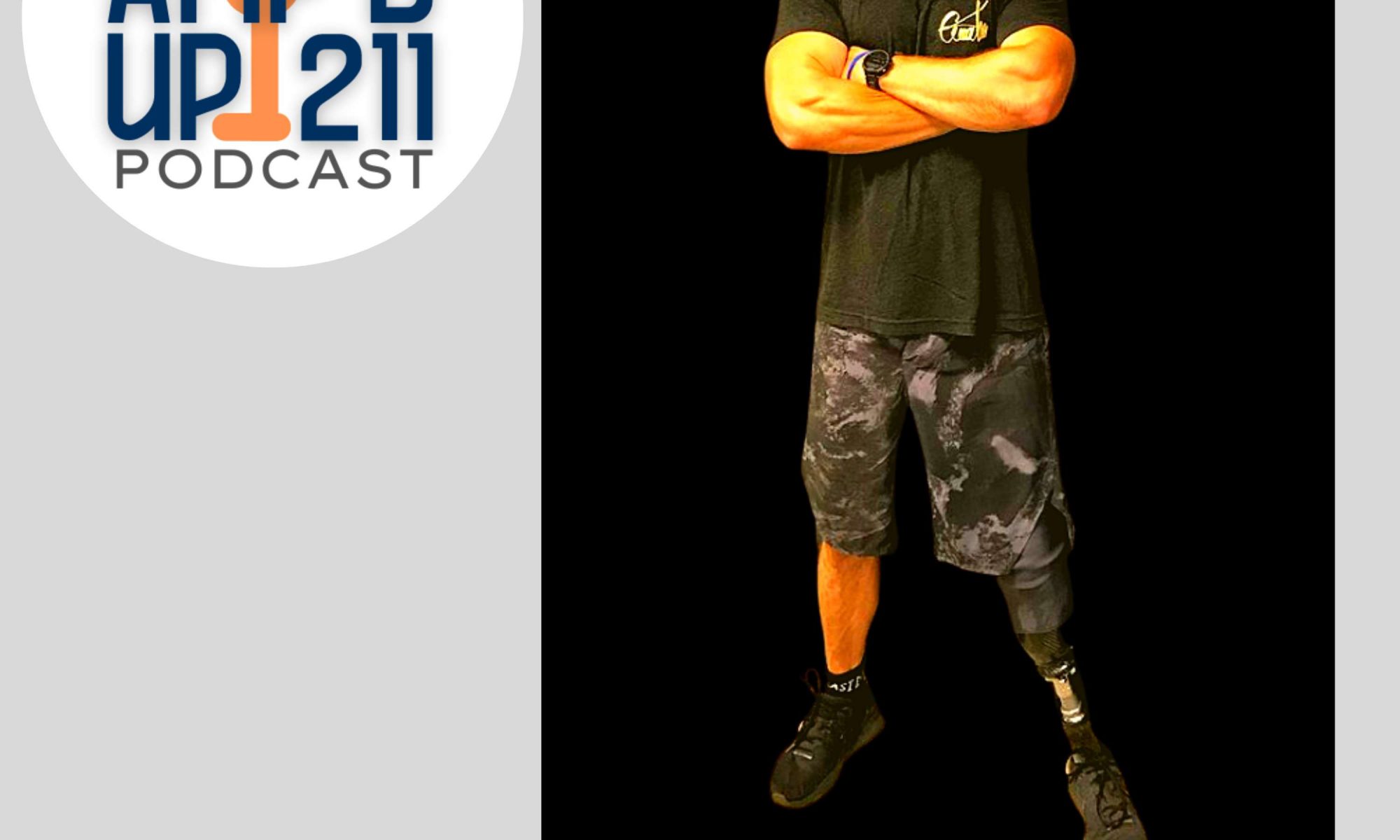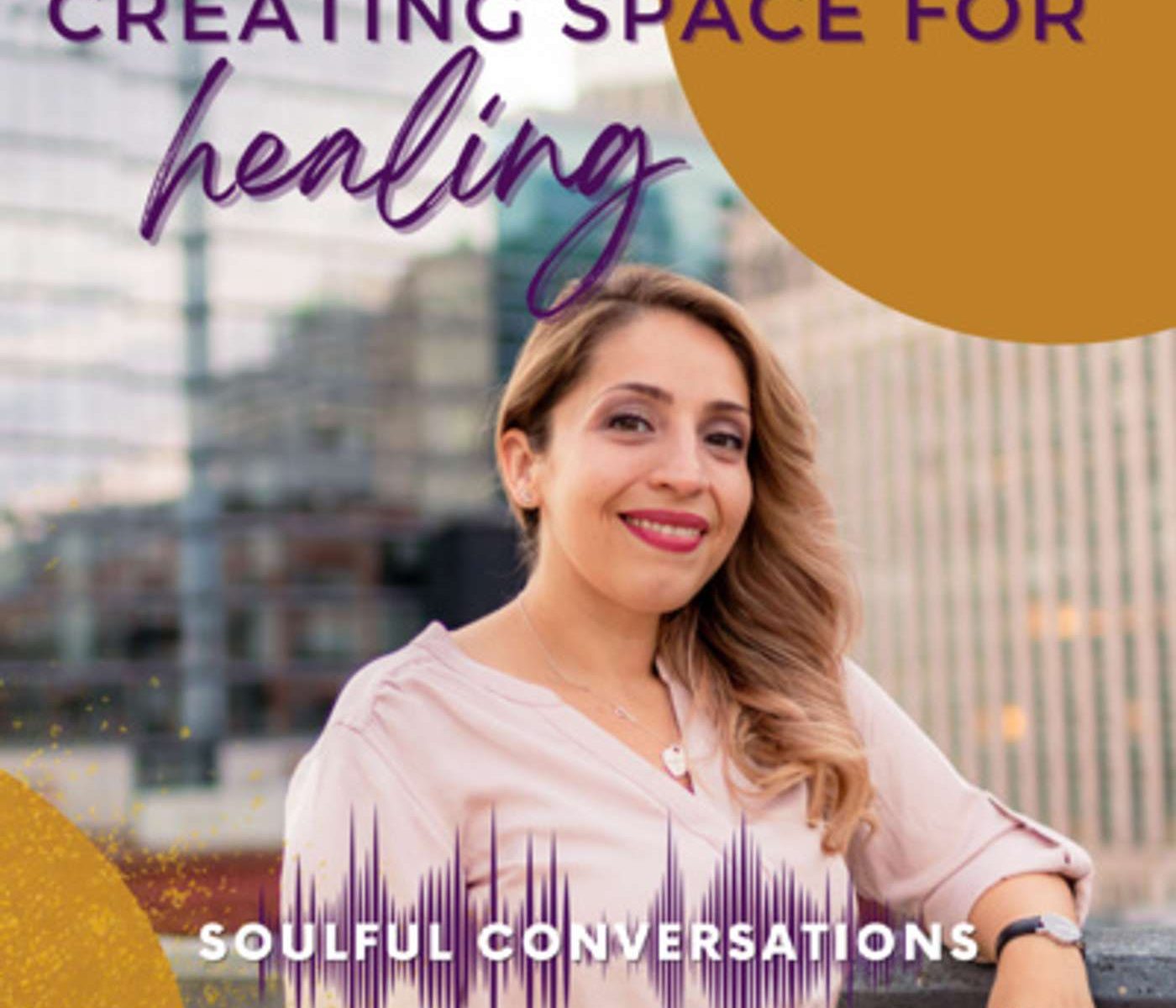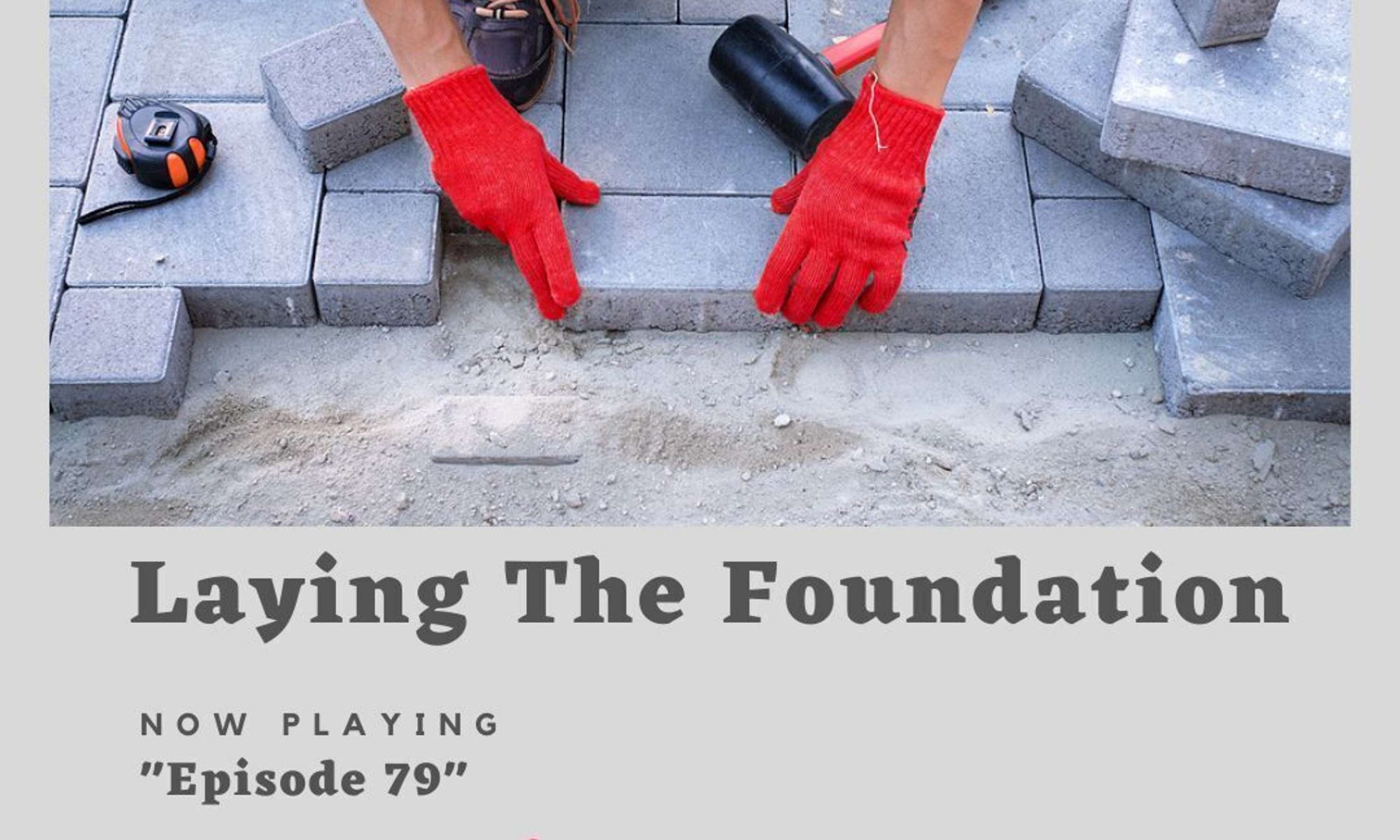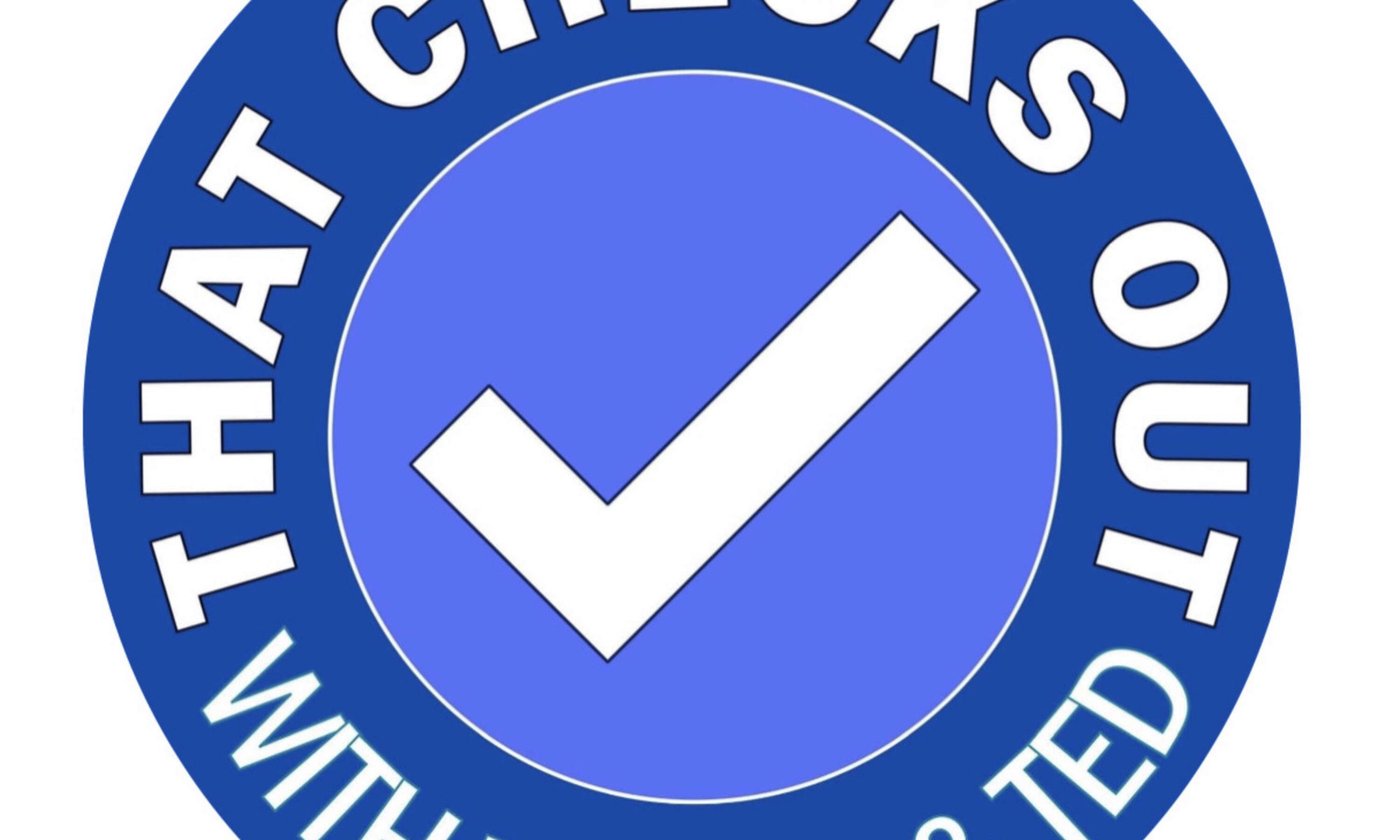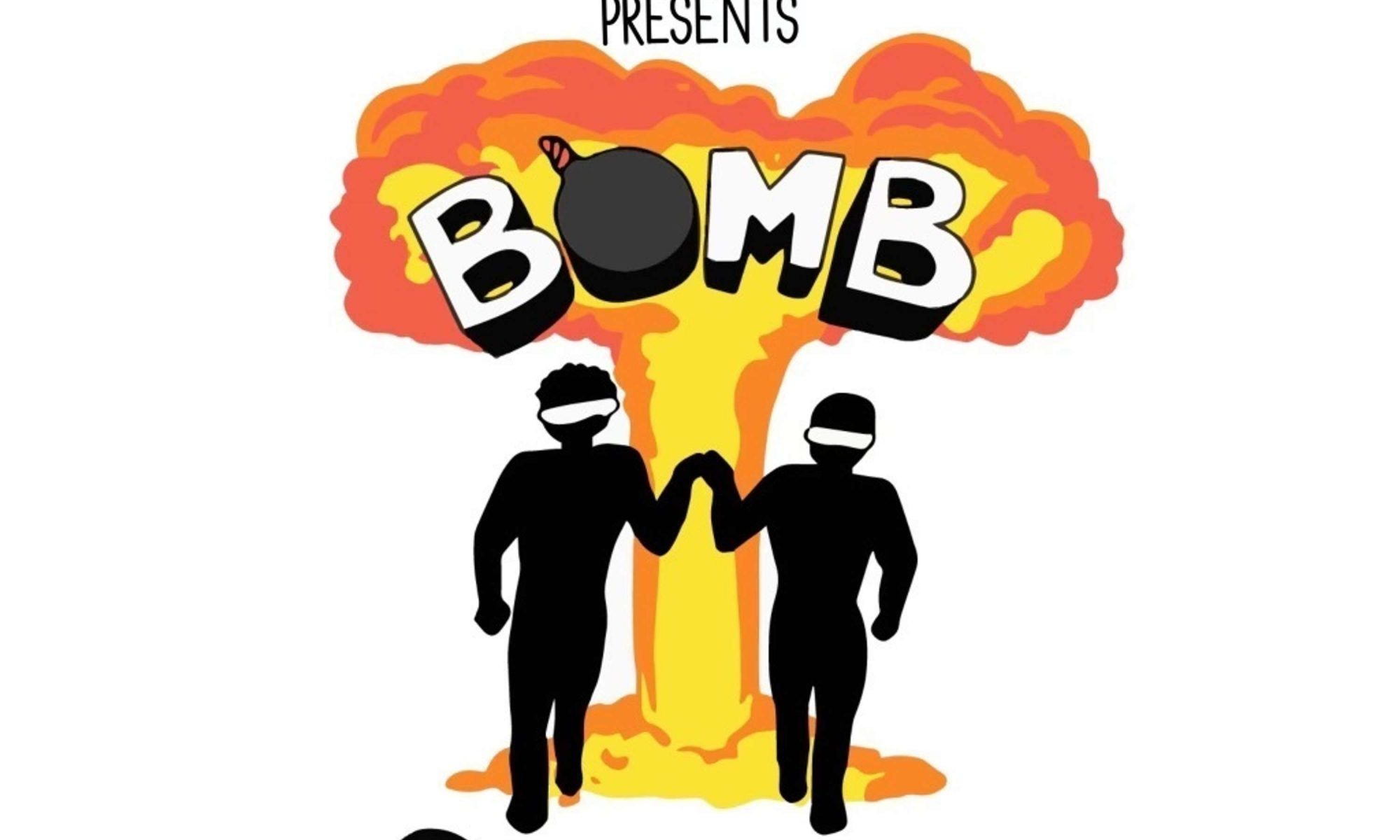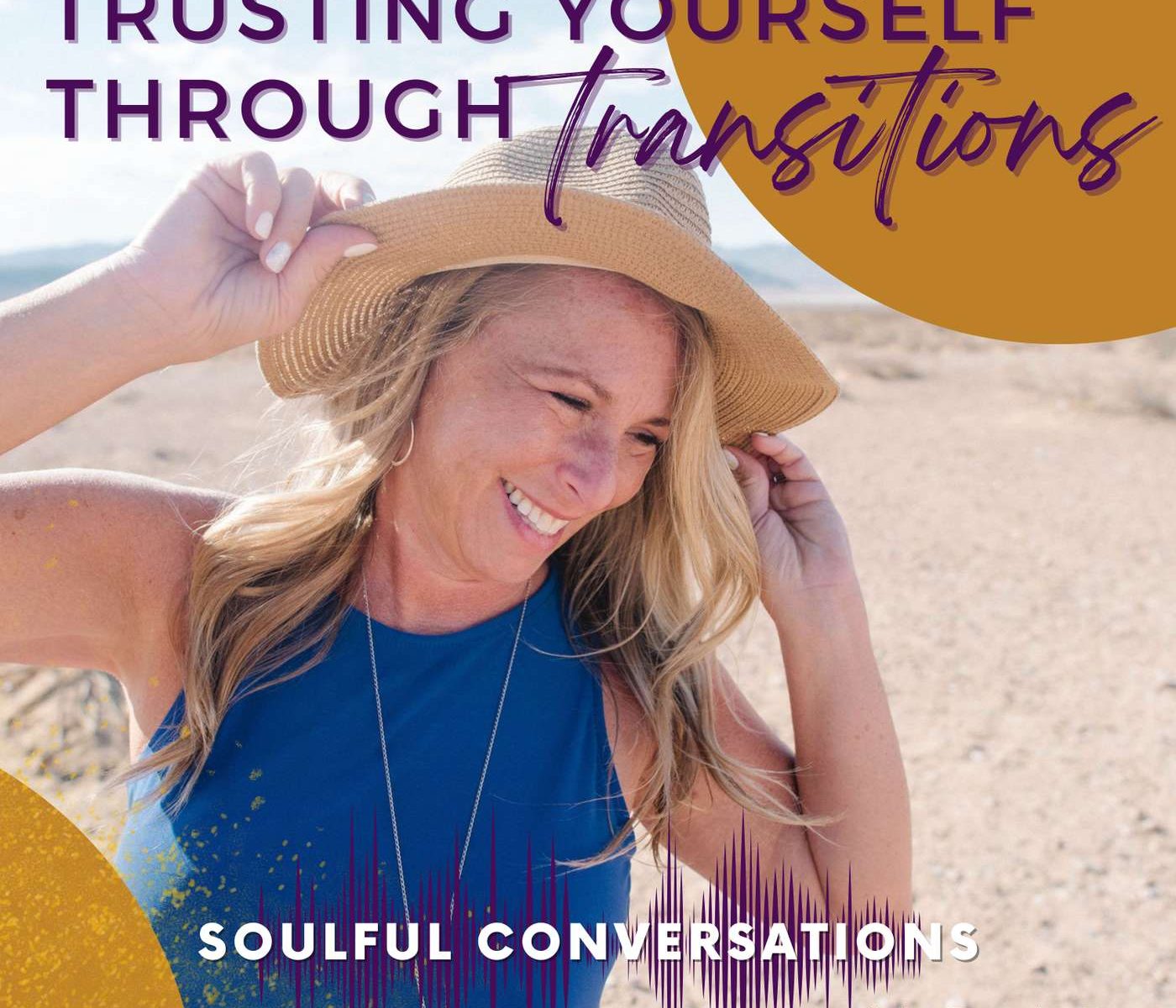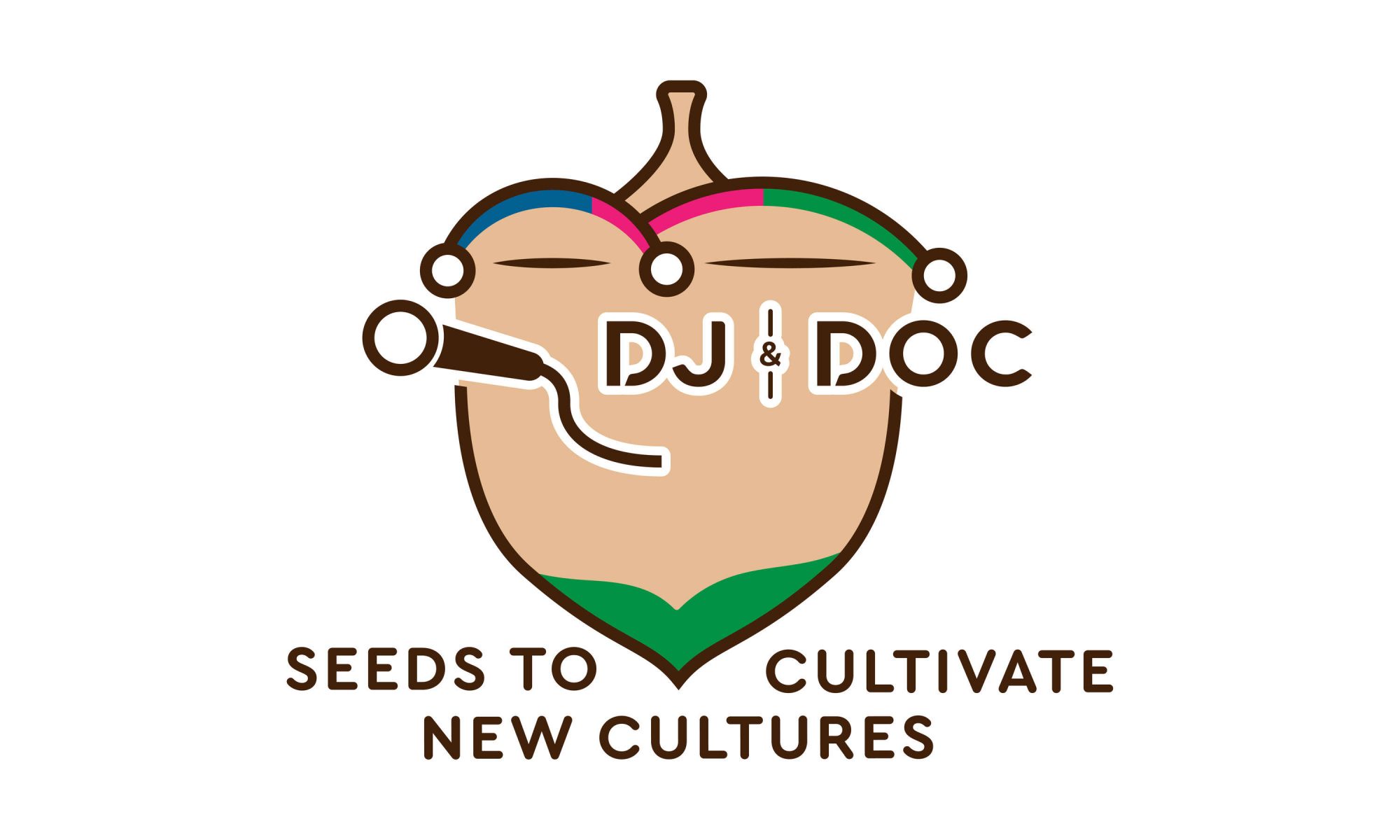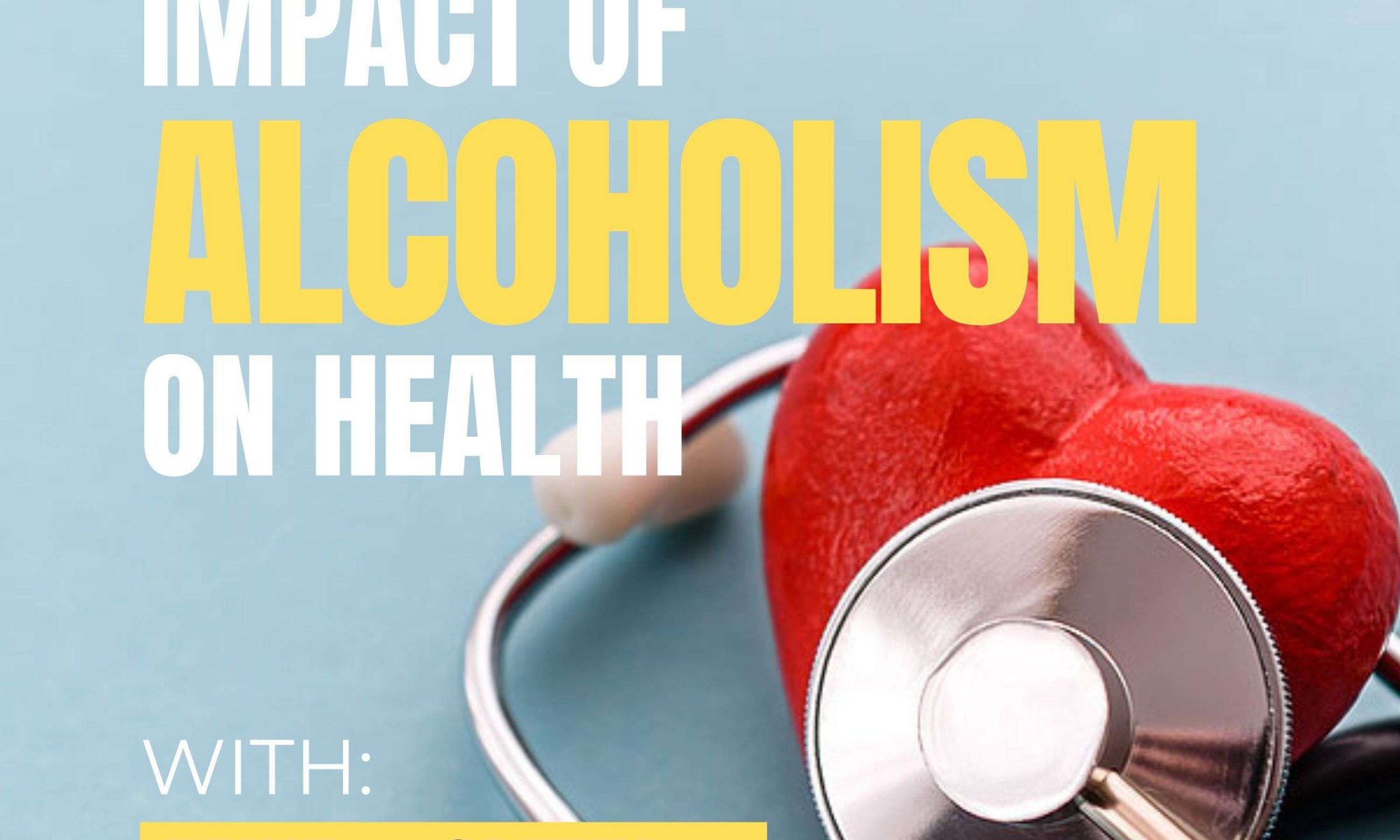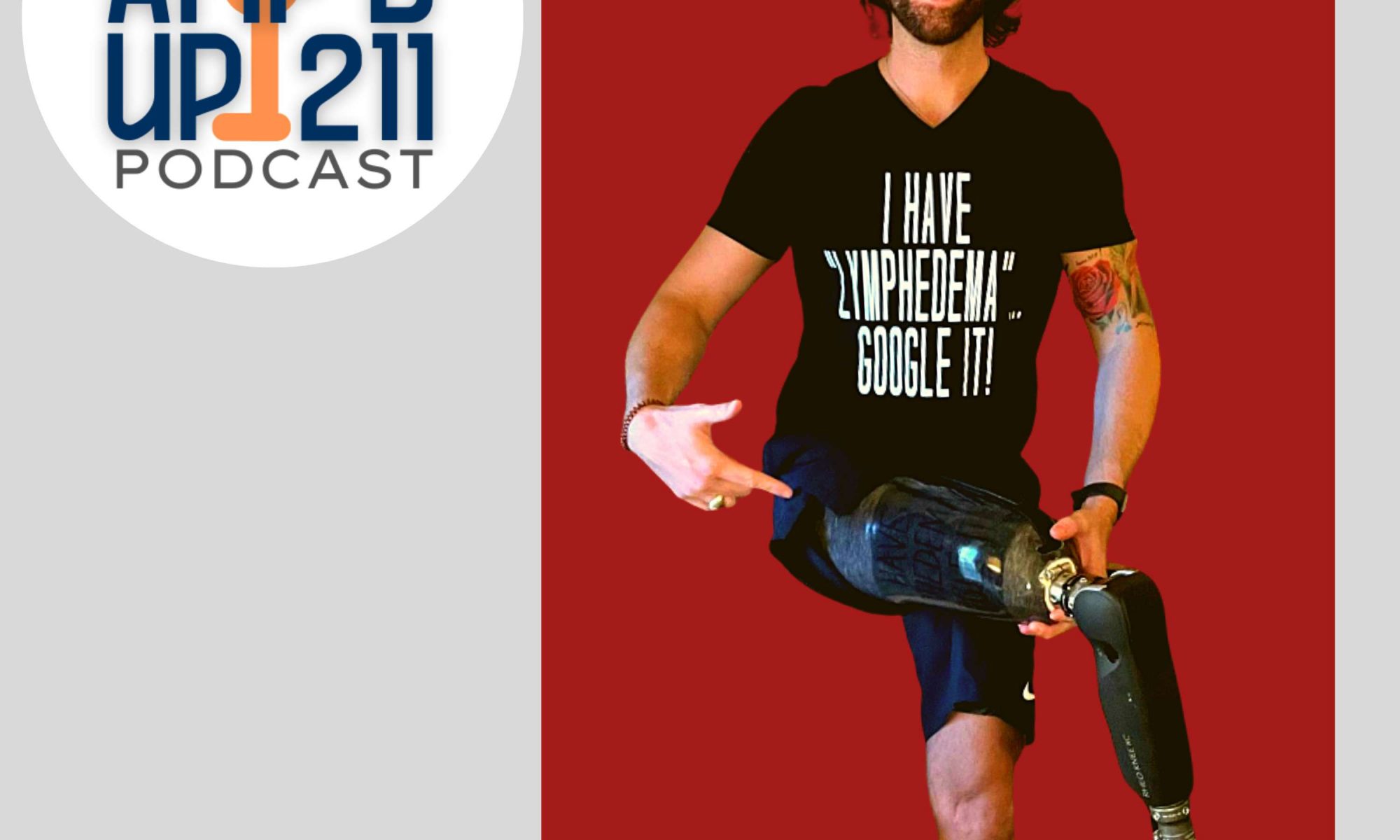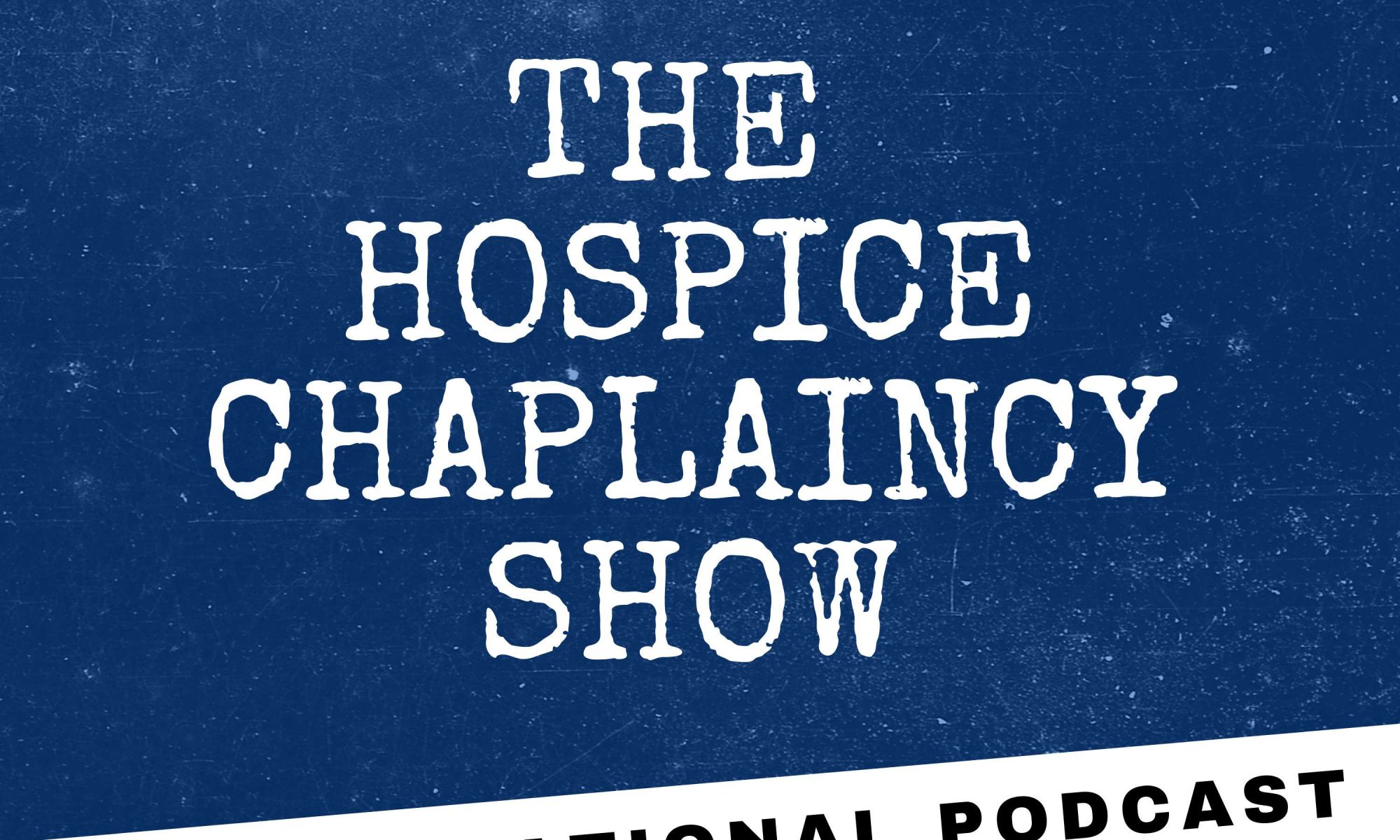Recorded at Audiohive Podcasting
Hosted on Transistor.fm
Creating Space for Healing
Episode #9 – In this episode, guest Jennifer Ramirez and I dive into conversations about healing our lives by healing our traumas. She touches onto her story of surviving through various forms of abuse to shed light on making it through and paving new paths for herself and her daughter. From victim mentality to persevering through therapy and beyond, this episode will leave you feeling empowered to take your life’s path into your own hands and know you are capable of moving through your hardships.
Jennifer Ramirez is an author, entrepreneur, trauma life coach, and speaker that is passionate about helping women live their best lives. She also is the Founder of the nonprofit organization, &Rise, whose mission is to empower women to be the ultimate versions of themselves no matter what adversities they’ve faced. Jennifer is a survivor of childhood sexual abuse, sexual assault, and domestic abuse and shares her story with other survivors to offer them hope and healing as they work through their trauma and abuse.
Support Casino Night From Near or Far
Become part of the & Rise on Facebook and Instagram
Follow &Rise on Tiktok
Check on the website and support, find services, and more
Please be sure to hit follow, subscribe, and rate the Taking Flight with Megan Holly podcast so you can be notified when more great content is added. If you’re feeling extra kind a review would be greatly appreciated and helps others know what to expect around here.
Come be a part of my communities!
For artistic expression, inspiration, silliness, home decor, and more:
Megan Holly Artist FB & Megan Holly Artist IG
For my entrepreneurs & business women who want to be a part of a community and be inspired to build a dream business with ease and excitement to:
Little Powerhouse Branding FB & Little Powerhouse Branding IG
—
Support this podcast: https://podcasters.spotify.com/pod/show/megan-holly-artist/support
“How’s Your Year Going” ?? Laying a Sober Foundation
The foundation to building a life in recovery doesn’t always start with lofty goals and high expectations. Sometimes slow and steady builds the sturdiest foundation. The question “how are you doing now that it’s the middle of the year?” starts an open conversation about what the middle of the year and the middle of recovery looks like for Mike and Glenn – and just how much it has to do with how they started.
The answer to the question of how you are doing depends on whether you’re comparing now to the start of the year, or the start of recovery, or even the start of the yesterday. Sure, someone might be doing great compared to before sobriety, but Mike & Glenn suggest that how you find growth is to ask, “are you doing better today than yesterday?” It’s part of being patient, and if you are thinking about changing your lifestyle, know that recovery is going to take time. It’s important to let it play out, be patient, and lay that foundation.
If you know someone who needs to hear this episode, share it with them!
For more about this podcast:
Visit Sober.Coffee website: https://www.sober.coffee
Recorded at Audiohive Podcasting: https://www.audiohivepodcasting.com
In collaboration with Care Addiction Center: https://www.careaddiction.com
Stronauts and “It’s cool, I’m Gonna Ladle from the Bottom”
The guys discuss the “Great White Shark of the Midwest”, how Damon would never be released from a Brazilian prison, when it’s appropriate to whisper “The Mistress is Dead” into an active beehive.
thatchecksout.net
twitter.com/OutWdt
instagram.com/thatchecksoutwdt
facebook.com/thatchecksoutwithdamonandted
Recorded at Audiohive Podcasting
Hosted on Transistor.fm
53: Bummy Bears Presents: Dick Pics and Casualties – Bomb Squad Episode 2
Trusting Yourself Through Transitions
Episode # 8 – Life is full of change and transition. In fact, we are always moving through something on an everyday basis…even if it is teeny tiny. In this episode, Barb Brasfield, long time social worker and therapist, now moving into mindset coaching, shares her own life’s transitions and how she worked through them. Being someone who never let herself ‘dream’ she talks about how opening herself up to new possibilities really made for the fabric of her story to unfold. The opportunities and life she has now was never even a figment of her imagination many years ago. Between her own story and her vast knowledge and work with others during their hardships, Barb breaths life into this episode. You will leave feeling like you can move through your transitions (both happy and hard) a little more well equipped.
To get to know Barb more and continue to get inspired:
Instagram: @barbhappyhair
Facebook: @completemindrenewal
As always, thank you for being here in my community and sharing your precious time with me to help stand in your power!
Please be sure to hit follow, subscribe, and rate the Taking Flight with Megan Holly podcast so you can be notified when more great content is added. If you’re feeling extra kind a review would be greatly appreciated and helps others know what to expect around here.
Come be a part of my communities!
For artistic expression, inspiration, silliness, home decor, and more:
Megan Holly Artist FB & Megan Holly Artist IG
For my entrepreneurs & business women who want to be a part of a community and be inspired to build a dream business with ease and excitement to:
Little Powerhouse Branding FB & Little Powerhouse Branding IG
—
Support this podcast: https://podcasters.spotify.com/pod/show/megan-holly-artist/support
14: Episode 14 The Love I Lost
Health Check: Impact of Drinking on Health
The news tells you drinking a glass of red wine each night improves health, but news outlets also say anyone under 40 shouldn’t drink any alcohol. The impact of alcohol on health is not always obvious and let’s face it – health is likely lowest on the priority when out there indulging. Mike and Glenn know from experience and have seen close friends suffer physically from negative impacts on alcoholism on their health. Listen in as Glenn compares alcohol to rat poison and Mike talks about mental health, stress and watching friends pay the ultimate physical price – losing your liver.
If you know someone who needs to hear this episode, share it with them!
Want more clinical information about the Impact of Alcoholism on Health?
Visit Care Addiction Center’s Resources For Recovery Blog: https://www.careaddiction.com/edu/effects-of-alcohol-on-health
Mentioned in this podcast:
9 Habits Linked To A Longer, Happier Life: https://www.cnn.com/2022/08/23/health/longevity-live-longer-tips-wellness/index.html
Alcohol Is Never Good For People Under 40: https://www.theguardian.com/society/2022/jul/14/alcohol-is-never-good-for-people-under-40-global-study-finds
For more about this podcast:
Visit Sober.Coffee website: https://www.sober.coffee
Recorded at Audiohive Podcasting: https://www.audiohivepodcasting.com
In collaboration with Care Addiction Center: https://www.careaddiction.com
THE BACHELORETTE Cam Ayala
Recorded at Audiohive Podcasting
Hosted on Transistor.fm
Episode 104: Part two of the conversation with Thomas Attig on his book, “Catching your breath in grief.”
Tom is also a well-known speaker, having offered conference programs across the United States, Canada, and Japan and in England, Australia, Israel, and Germany as well as innumerable talks and workshops for nurses, physicians, funeral directors, clinical psychologists, social service providers, gerontologists, hospice workers, bereavement coordinators, clergy, educators, civic organizations and the general public.
He taught philosophy at Bowling Green State University for nearly twenty-five years, serving as Department Chair for eleven years and leading efforts to establish the first Ph.D. in Applied Philosophy in the world in 1987. Tom left as Professor Emeritus in Philosophy in 1995 to become an independent applied philosopher. A Past President of the Association for Death Education and Counseling, he also served as Vice-Chair of the Board of Directors of the International Work Group on Death, Dying, and Bereavement.


